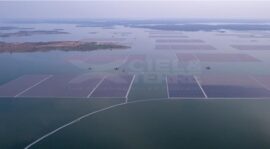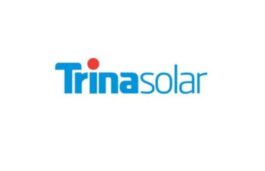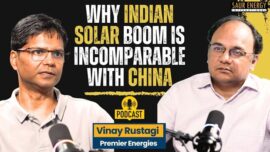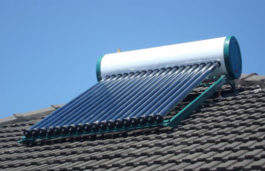Highlights :
- This trend aligns with the Directorate General of Trade Remedies (DGTR) recommendation for anti-dumping duties on imported aluminium frames, aimed at curbing the influx of cheaper foreign products into India.
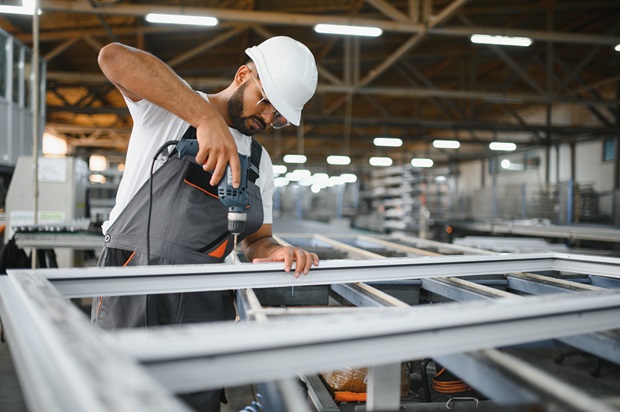 Indian Solar Module Makers Plan Aluminium Frame Production
Indian Solar Module Makers Plan Aluminium Frame Production After exploring solar module and cell production, several Indian solar manufacturers are now venturing into in-house aluminium frame manufacturing—essential components of solar modules.
Premier Energies, a notable solar module and cell maker, has committed Rs. 230 crore to this new venture.
“We are also pleased to announce today our foray into aluminium frame manufacturing business by setting up a 36,000 metric ton per annum facility for captive consumption. This project would require a capex of INR230 crores, wherein the equity portion of 25% will be funded through internal accruals. This investment into aluminium frame manufacturing will improve our EBITDA margin by 100 basis points to 150 basis points,” stated Chiranjeev Saluja, MD of Premier Energies, during the latest investor call.
Joining Premier Energies are other prominent manufacturers. Insolation Energy plans to produce aluminiumframes with an annual capacity of 12,000 metric tonnes (MT), aiming to double this to 24,000 MT within three years. Chairman Manish Gupta shared these insights in a conversation with Saur Energy.
Similarly, GenX PV, a supplier of solar accessories like junction boxes, intends to manufacture 18,000 MT of aluminium frames annually from its Raipur facility. Saatvik Solar also expressed interest in diversifying into aluminium frame production, as revealed by its CEO, Prashant Mathur, in interaction with Saur Energy. Companies like Alpex Solar has also planned to venture into the new segment.
Notably, while some companies have publicly disclosed their plans, others have begun or are considering similar expansions without official announcements. This trend aligns with the Directorate General of Trade Remedies (DGTR) recommendation for anti-dumping duties on imported aluminium frames, aimed at curbing the influx of cheaper foreign products into India.
Conclusion
The Indian solar industry is advancing toward greater self-reliance. With the integration of aluminium frame production and broader backward integration efforts—encompassing wafers and ingots—the sector is poised for a brighter, less import-dependent future.


